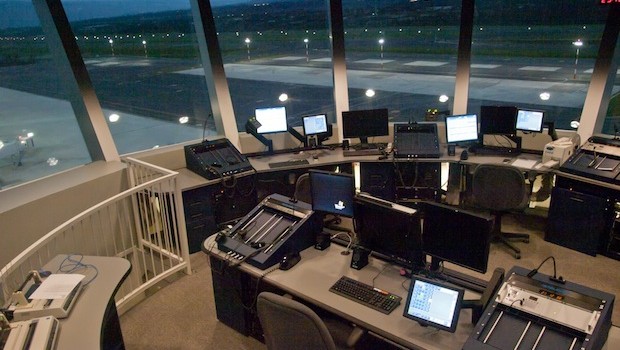The Greek Air Traffic Controllers Union, through a post on social media, expressed its deep sorrow for the aviation accident that occurred early Thursday morning (January 30) on the Potomac River in Washington, following a mid-air collision between a passenger aircraft and a U.S. military helicopter.
"As the investigation is still ongoing, we would like to once again emphasize the importance of the conditions under which each Air Traffic Controller is called to perform their duties," the union stated, adding that "Unfortunately, in our country, despite the ongoing ASEP recruitment process for 97 Air Traffic Controllers, staffing levels are at a point where they cannot meet the demands of air traffic. The training of new controllers is a lengthy process, and the summer of 2025 will find the same, under-resourced and aging workforce at the microphones."
The union also highlighted the outdated surveillance and communication equipment, which faces frequent and ongoing issues, with no clear resolution in sight. To illustrate, they referred to images and videos that leaked from the radar screen during the accident, noting that in Athens' terminal, due to outdated equipment, the conflict alert system is non-operational, and controllers receive no warning that aircraft are on a collision course. As a result, preventing incidents solely depends on the operational skills and readiness of the controller.















